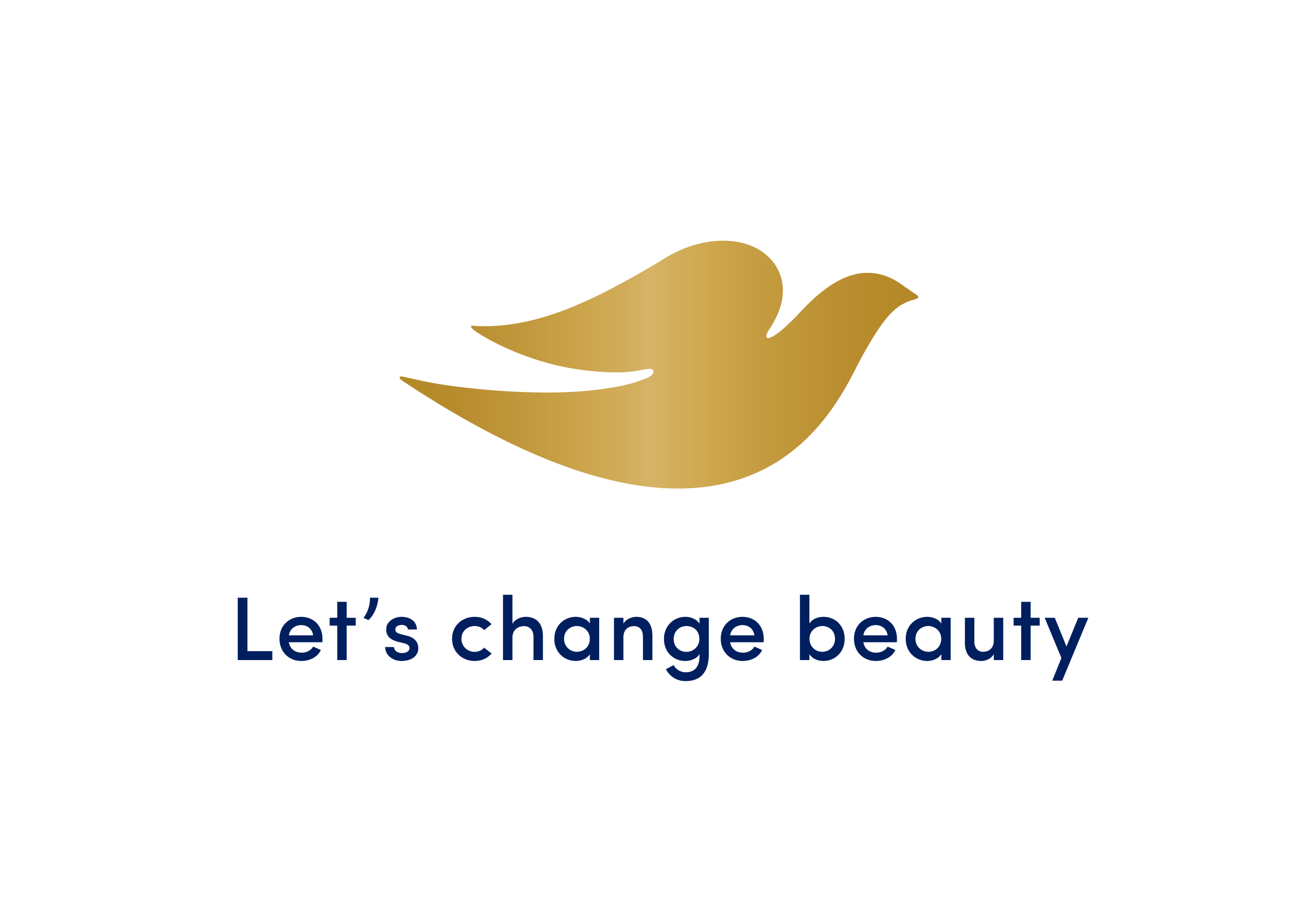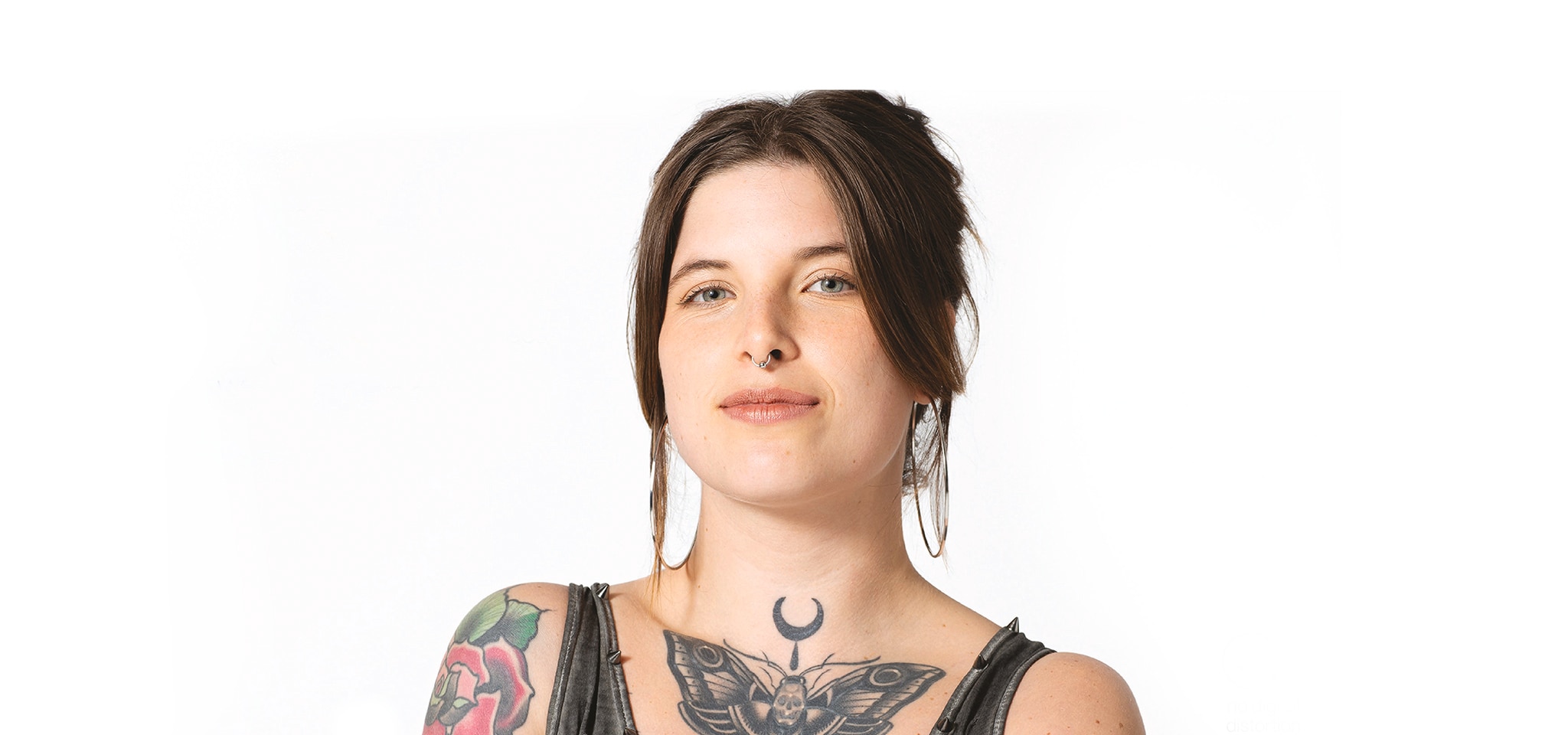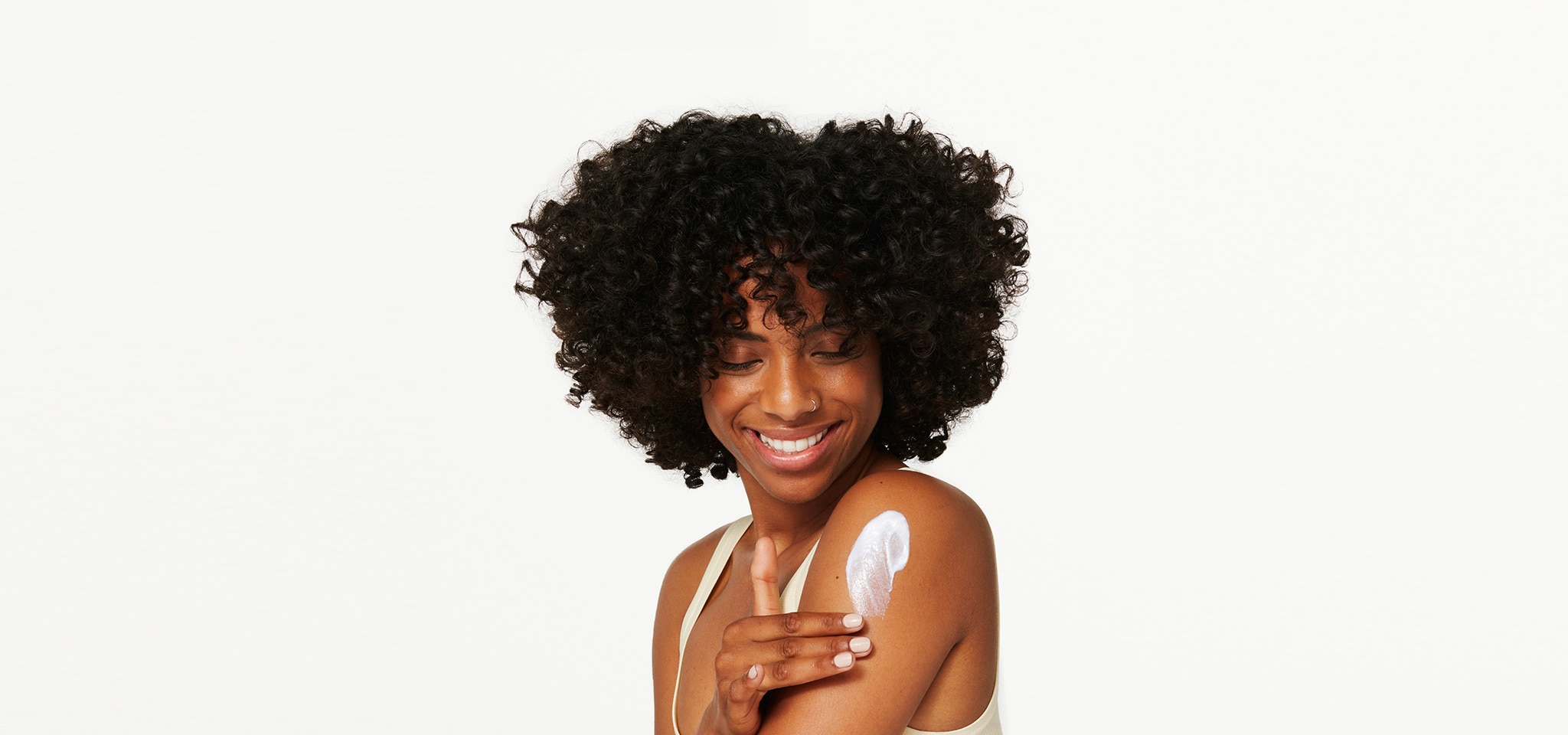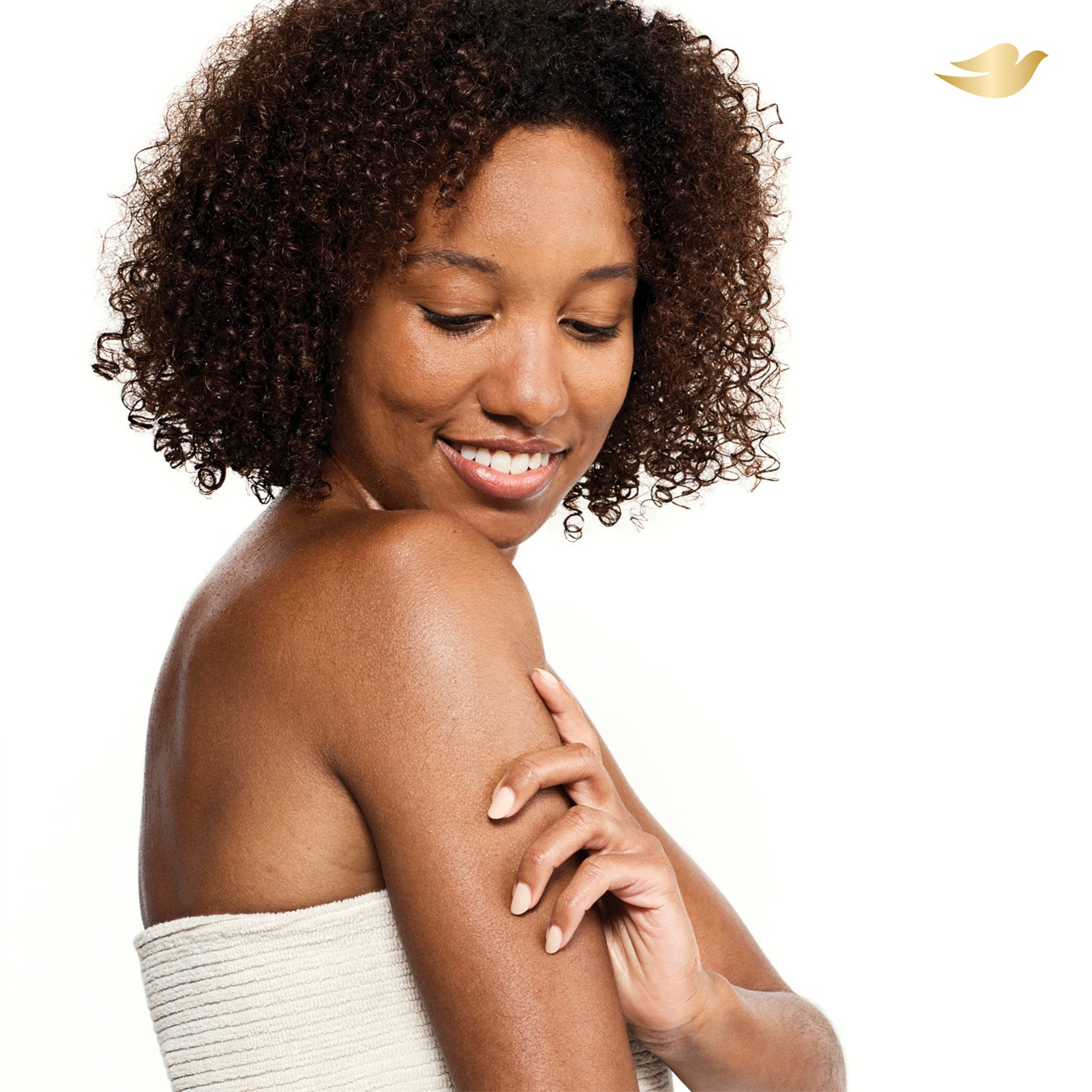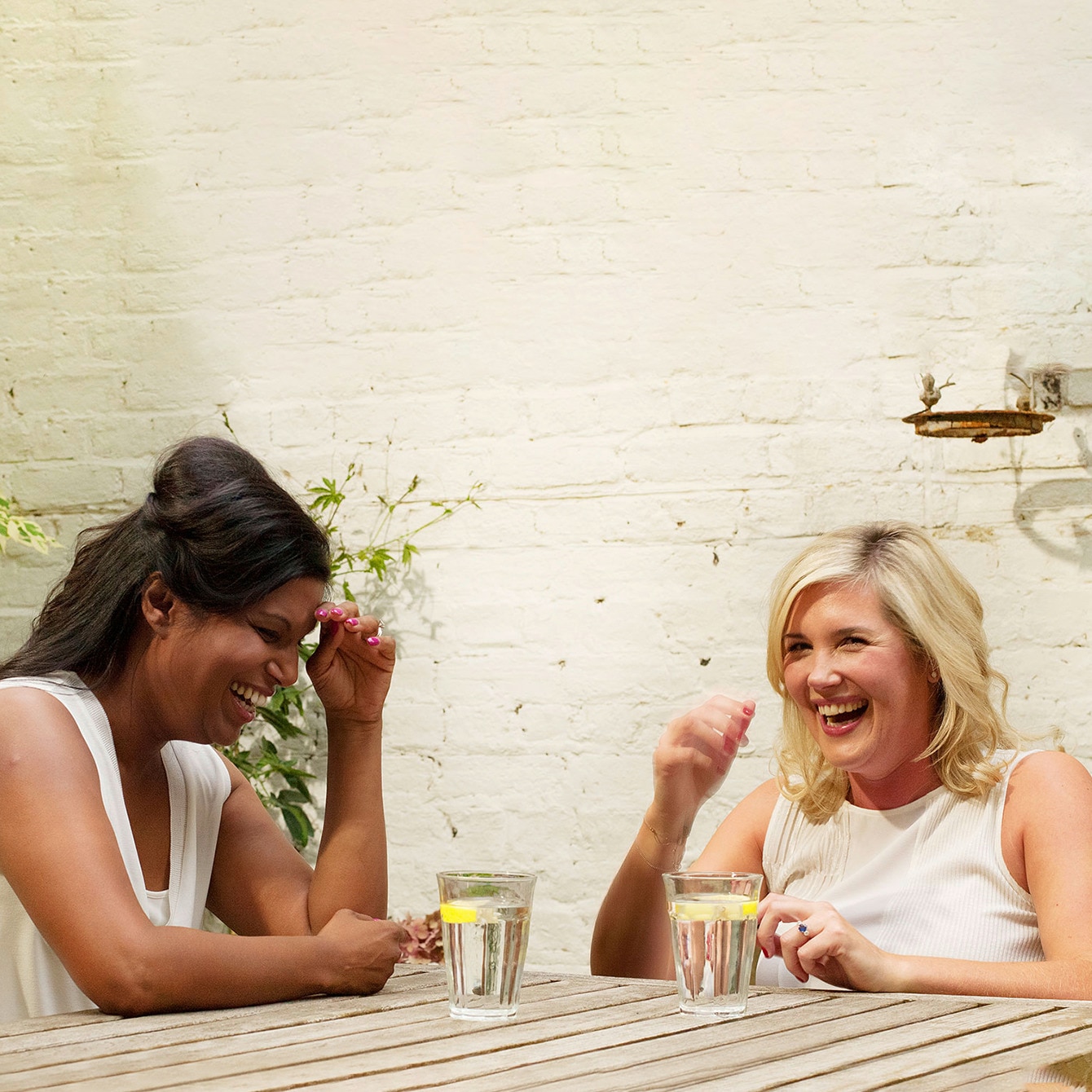Beauty should only ever be a source of confidence, not anxiety. But Jess Wiener, Cultural expert for the Dove Self-Esteem Project, knows that the photoshopped images we see in the media aren’t just unattainable – they’re harmful, too. “Viewing unrealistic and unachievable beauty images creates an unattainable goal which leads to feelings of failure,” she told us. “This is especially true of young girls who have grown up in a world of filters and airbrushing.”
The ‘No Digital Distortion’ Mark is a continuation of our Real Beauty Pledge: our commitment to always portray women as they are in real life – and never using the manipulated, unachievable images of ‘perfect’ beauty created by image distortion. The ‘No Digital Distortion’ Mark tells you that the women featured in our images are just as you’d see them in real life, with no alterations to their body’s shape or size – because they’re 100% naturally beautiful as they are.
Growing up with filtered, manipulated images means never knowing what’s real. In fact, our Global Beauty and Confidence Report (2016) revealed that 77% of women think all the images they see in the media have been digitally distorted. Even so, 69% of women say the pressure to reach those impossible standards, makes them feel anxious about their appearance, too.
Through the Dove Self Esteem Project, we’re helping millions of young people around the world to question what they see in the media, and become more aware of what’s real and what isn’t. But it shouldn’t fall on young people to critique what they see. Dr Phillippa Diedrechs, a Body Image Expert, wants more transparency on both sides. “Brands can do more to showcase reality and take this unnecessary pressure away. By doing so, we can have a positive impact on the lives of young girls and their natural beauty.”
Find out the rules of our ‘No Digital Distortion’ Mark [pdf / 138.34 KB].
Discover more of our Dove Self Esteem Project tools here. / Read more about our Real Beauty Pledge here.
